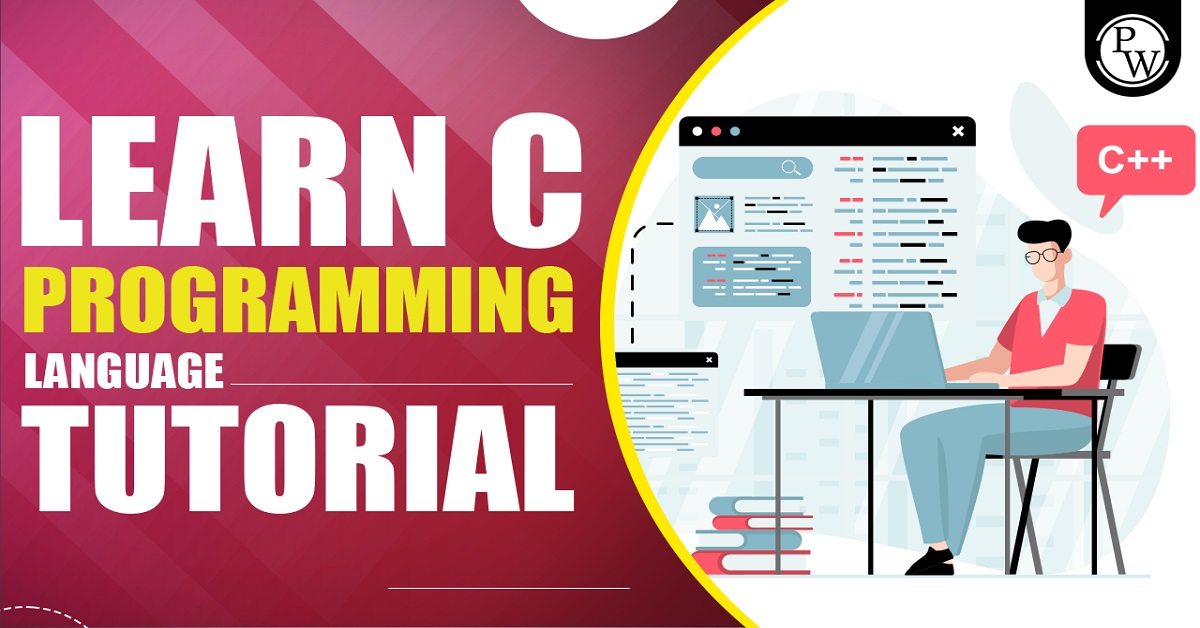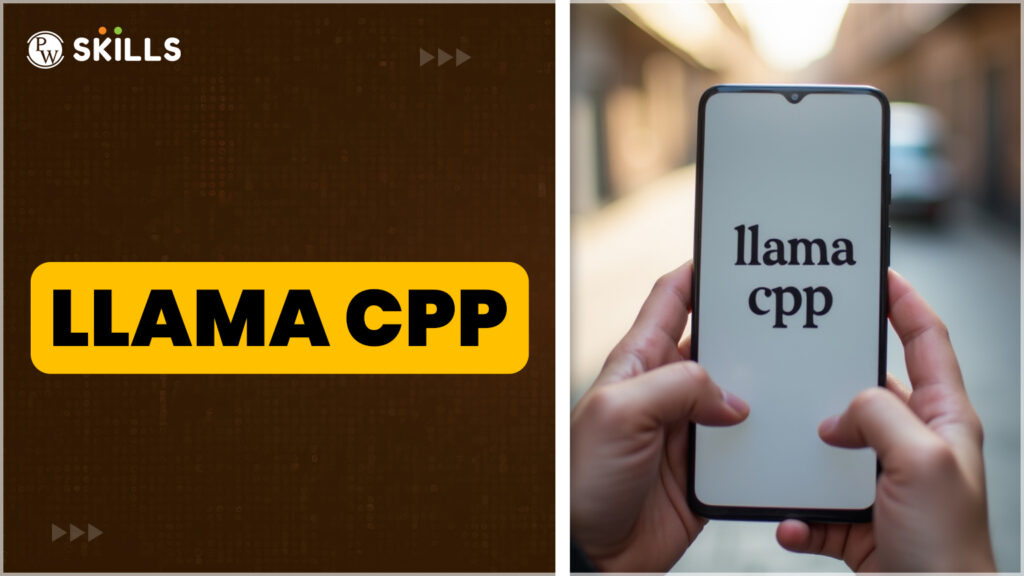This C programming tutorial will help you learn about the fundamentals of C language and explain each topic in detail with C programs. It is a procedural language. Hence, it uses a set of procedures to execute a program.
C language was closely based on the Unix operating system. Dennis Ritchie laid the foundation for the C language. However, initially, the goal was only to create an application for directly interacting with the kernel and operating systems.
In this article, we will learn the basics of C language, syntax, application, and features. C language works as the fundamental for other programming languages available on the market. Hence, it is also known as “Mother Language”.
We write codes based on a definite structure in C programming using loops, variables, and conditional statements. Hence, it is beginner-friendly and easy to learn.
Also read: Keywords and Identifiers in C
What is C Programming?
The C language is a general-purpose programming language. It was originated between 1972 and 1973 for the Unix system by Dennis Ritchie. It is also known as the mother of languages because it is the foundation for other programming languages. The stable release of the C language is C17, released in June 2018.
C programming became the most famous programming language in the 1980s. C is a procedure language that works on a definite structure, using variables, recursion, structures, loops, and conditional statements to execute code. Let us know about the most essential features of the C programming language in this tutorial.
Also read: Which programming language is best for getting the job?
Hello World C Programming
The syntax of C language is very simple and structured. As a developer, you must follow the guidelines and syntax format while writing code in the C language.
| C Programming Language |
|
The above function will return the output as “Hello C Programming” using the function inside the int main( ) functions. It is where C programming starts its execution. Every statement in the C language is terminated with semicolons.
How to learn C Programming
If you are a beginner or someone who is looking for a bright career in programming, then follow these steps to start learning the C programming language.
- Select the best online courses available for free, providing you with the best C language tutorials, videos and notes.
- PhysicsWallah provides the best C tutorials and learning content. Check the link for C Programming in one shot.
- Practice a lot of C programming problems to improve your coding skills using the C language.
Also read: Top Features of C++ Programming Language
Features of C Programming
C programming is the foundation language for all other languages. Being a procedural language, it is beginner-friendly and easy to learn. Let us know some of the essential features of the C programming language.
1. Mother Language
The C language is also known as the “mother language” because it forms the basis of the foundation for many other programming languages such as C++, C shell, Java, Javascript, Python, and Ruby. These languages extracted many features from C languages.
C language was developed in the 1970s and gained much popularity. It influenced many programmers and shaped the evolution of computer programming.
2. System Programming Language
Dennis Ritchie developed the C program in the 1970s to develop a language for the Unix operating system to interact directly with the hardware components and system resources. It provides various features to programmers.
3. Structured Programming Language
It is a structured programming language that works on loops, conditional statements, functions, and recursion to execute the developer’s code. It promotes an effective structured code organisation that is easy to understand and implement.
C programming syntax is straightforward and structured, making it easy for the new learner to grasp it quickly. Codes are written in blocks using curly brackets, and command statements are terminated with the help of a semicolon.
4. Procedural Programming Language
C++ follows a procedural approach to executing its code. The problem statement is divided into lower levels and then implemented using functions and loops. Functions in C language consist of a series of instructions containing loops and conditional statements, which are executed sequentially.
It allows developers to write clear and organised code that is easy to understand and implement.
5. Mid-Level Programming Language
C is a mid-level programming language that uses low-level features as well as high-level features. It supports low-level functions such as direct memory manipulation. It also supports cross-platform programming. Hence, our C language is portable too.
6. Speed
C language is faster than most available programming languages, such as Python, Java, Ruby, Javascript, etc. It provides faster execution time for complex programs, too.
7. Large Community
C language has extensive community support for developers online. Many free resources, such as tutorials, projects, libraries, tools, etc., are available on various websites.
C Language Tutorials
| C Tutorial Index | ||
| C Introduction | ||
| Keywords and Identifier | Variables and Constants | C Data Types |
| C Input/Output | C Operators | C Introduction Examples |
| C Flow Control | ||
| C if…else | C for Loop | C while Loop |
| C break and continue | C switch…case | C Programming goto |
| Control Flow Examples | ||
| C Functions | ||
| C Programming Functions | C User-defined Functions | C Function Types |
| C Recursion | C Storage Class | C Function Examples |
| C Programming Arrays | ||
| C Arrays | C Multidimensional Arrays | C Arrays & Function |
| C Programming Pointers | ||
| C Programming Pointers | C Pointers and Arrays | C Pointers And Functions |
| C Memory Allocation | Array and Pointer Examples | |
| C Programming Strings | ||
| C Programming String | C String Functions | C String Examples |
| Structure And Union | ||
| C Structure | C Struct and Pointers | Structure and Function |
| C Unions | C struct Examples | |
| C Programming Files | ||
| C Files Input/Output | C Files Examples | |
| Additional Topics | ||
| C Enumeration | C Preprocessors | C Standard Library |
| C Programming Examples | ||
FREQUENTLY ASKED QUESTIONS (FAQs)
Who developed the C language?
C language was developed by Dennis Ritchie in the year 1970. It became the most popular language in the early 2000s. Check the article for more details.
Why is the C language known as the mother language?
C language was developed in the 1970s and has gained much popularity since then. Many languages used nowadays extract many features from C programming; hence, C programming founded the fundamentals for another programming language to develop, which is why it is known as the Mother language.
Why is the C language considered faster than the other language?
C is a procedural language that executes the code sequentially and uses a particular approach. It is therefore considered to be a faster programming language.
What are the uses of the C language?
C programming is a machine-independent language that is used in various applications and windows. It is also used in many educational institutes as a beginner language.






